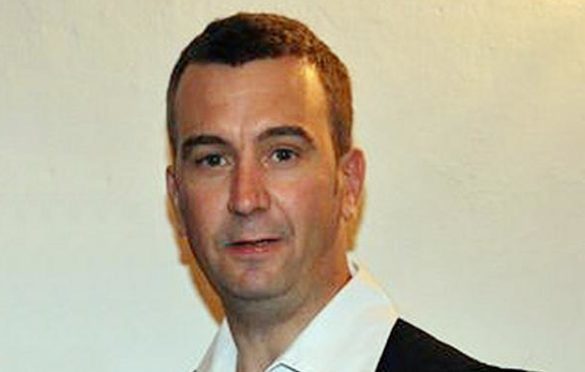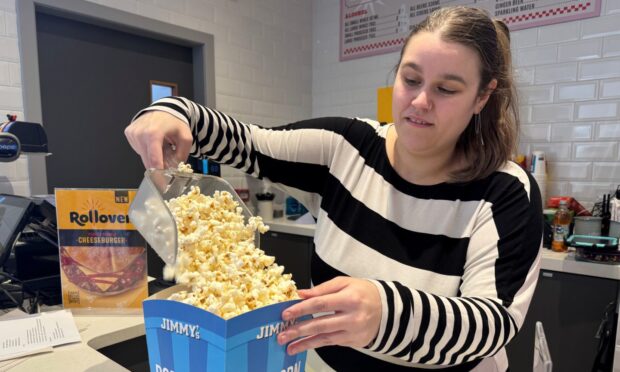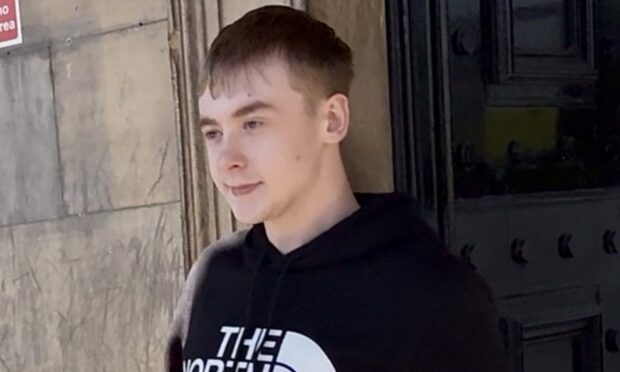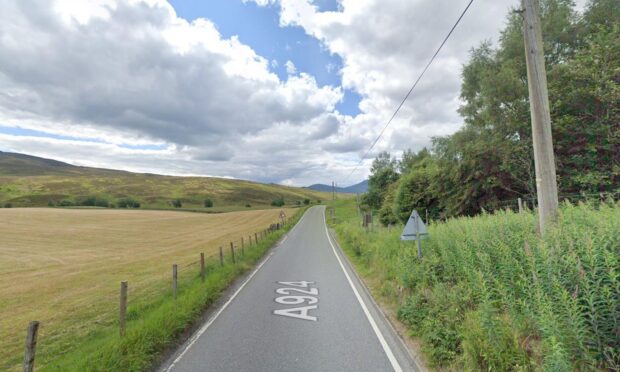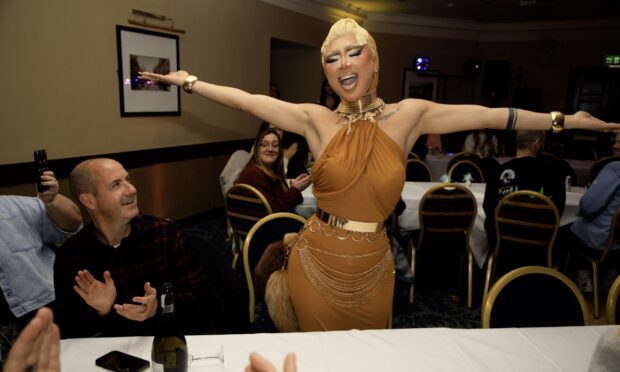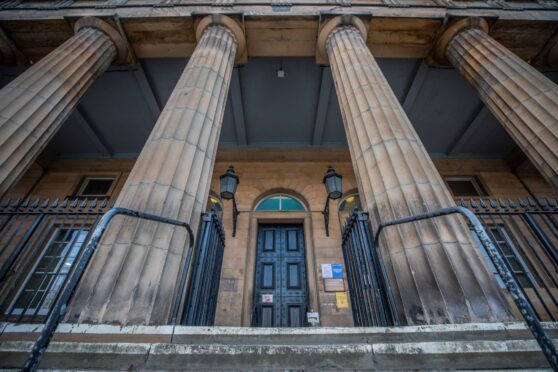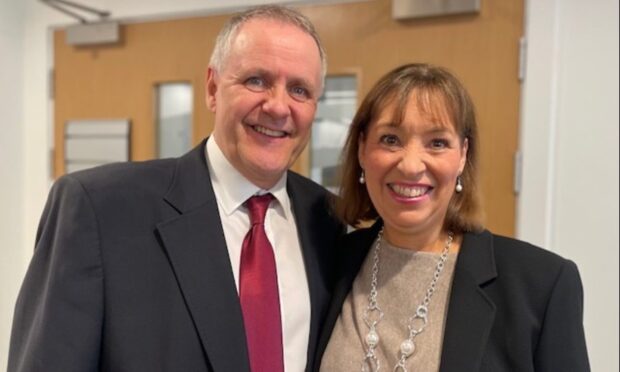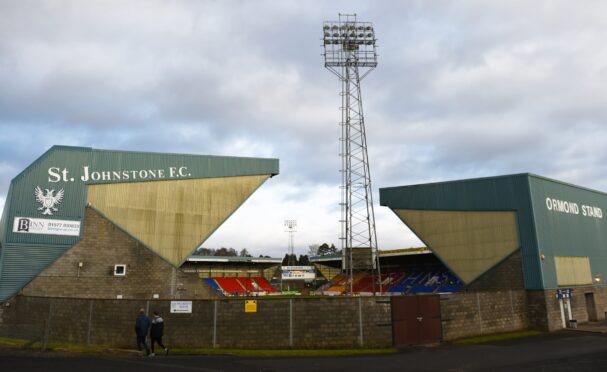The family of murdered aid worker David Haines has welcomed the news that his alleged killers are now facing trial in America.
Londoners Alexanda Kotey and El Shafee Elsheikh are accused of being part of a cell of executioners in Syria who became known as The Beatles because of their British accents.
They are said to have kidnapped 27 people and beheaded three Americans and two Britons in Syria and Iraq. As well as Mr Haines, a former aircraft engineer from Scone, Perthshire, their alleged victims include former Lanarkshire cab driver Alan Henning.
A date for their court appearance has still to be announced, while Kotey and Elsheikh deny all charges against them.
In a statement issued via charity Hostage International, the victims’ families said a High Court ruling to allow the UK to share case information with US authorities was a “huge result for us”.
They said: “It has been nearly three years since these men were first detained in Syria, during which time we have silently watched countless media reporting on the two, while the cogs of the legal system ground slowly on.
“We have only ever wanted to see these two men being held accountable and brought to justice through a fair trial for their alleged actions.”
The statement said Mr Henning and Mr Haines “were kidnapped, starved tortured and brutalised while held captive for months on end. Alan and David were then murdered, their deaths posted publicly for propaganda.”
Home Secretary Priti Patel announced “further evidence to support the prosecution” of the two men was “finally” sent to America following Tuesday’s court decision.
Mr Haines, 44, was beheaded in Syria in 2014 after being held prisoner for 18 months.
Cab driver-turned-aid worker Alan Henning, 47, from Lancashire, was also beheaded in 2014 after being captured by extremists in Syria.
Their deaths, and several others, were filmed and put online by extremists.
The statement was also issued on behalf of the family of British photojournalist John Cantlie, who was kidnapped in Syria in 2012 and remains missing, although reports last year suggested the UK Government has evidence he is still alive.
Jessica Pocock, Mr Cantlie’s sister, told BBC Radio 4’s Today programme her family “only ever wanted these two (Kotey and Elsheikh) to face justice”.
She said: “We feel we all have to stand accountable for our actions.”
The prospect of a criminal trial increased after Elsheikh’s mother, Maha Elgizouli, this week lost a judicial review as she sought to prevent evidence against her son and his co-accused being sent to the US.
Ms Elgizouli’s lawyers had unsuccessfully argued Ms Patel’s earlier decision was unlawful as it was incompatible with the Data Protection Act, and asked the court to order that no material should be provided to the US.
They said the transfer of the evidence was “not strictly necessary” as it was made at a time when the director of public prosecutions was due to make a decision “imminently” about whether there was enough evidence to prosecute Elsheikh in the UK – which US authorities indicated a preference for.
But Dame Victoria Sharp and Mr Justice Garnham rejected the case, saying it was “not properly arguable”.
Kotey and Elsheikh were captured by the Syrian Democratic Forces in January 2018.
